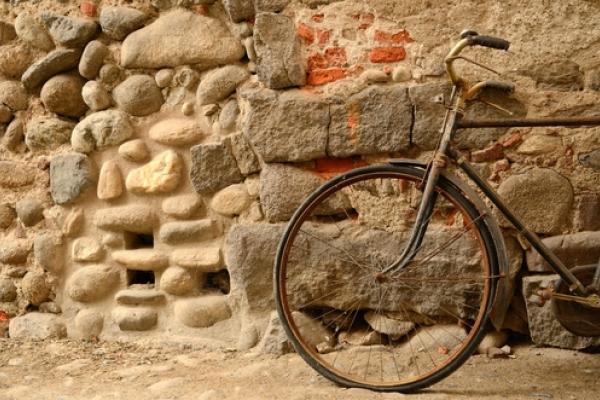Jun 27, 2014
There is a small, mud-bricked, tin-roofed building on a piece of flat land below a mountain in Kenieba, Mali. This simple structure, surrounded by courtyards, peanut fields, and scrub grass, is the church building where we lived for three years, a place that became our home. The people who are this church are simple people like the building itself. Most of them are subsistence farmers growing just enough peanuts, millet, rice and corn to eat for the year. When I think of these friends of ours, three people come to mind who symbolize them all.
Read the Full Article

Already a subscriber? Login
